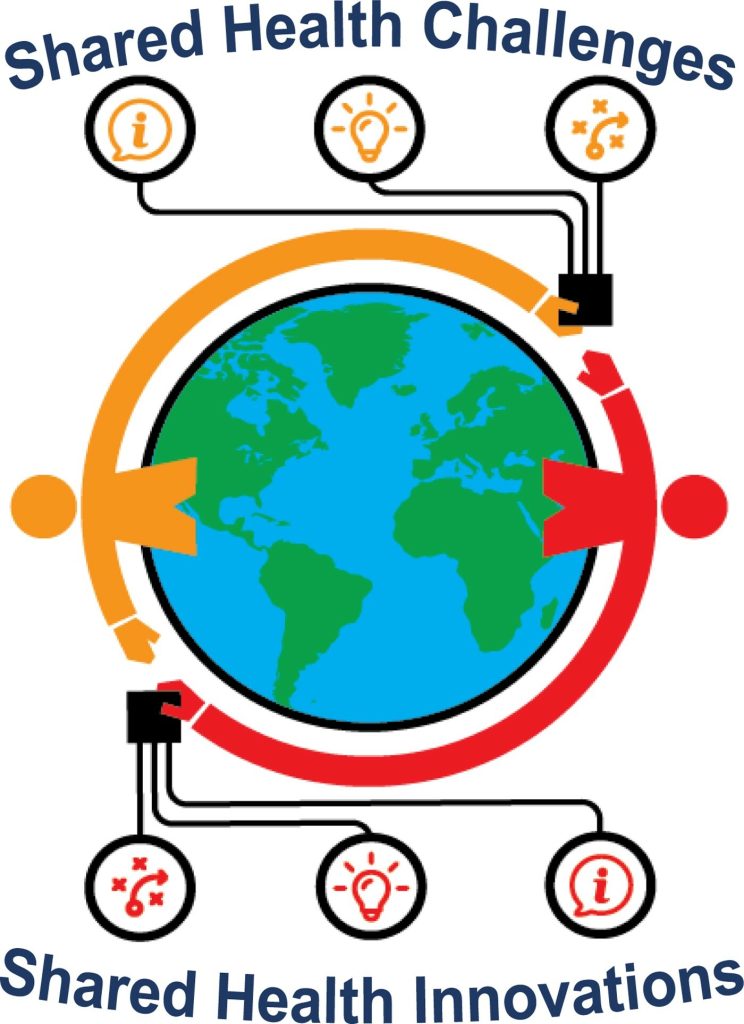The UW Global Cardiovascular Health Program (GCHP) was launched in November 2021 as a joint effort between the Department of Global Health and Division of Cardiology.
Vision
A world where individuals can achieve optimal cardiovascular health.
Mission
We drive improved outcomes in cardiovascular health globally through interdisciplinary research and education, and equitable partnerships based on collaboration and mutual respect.
Values
Equity and Justice, Innovation, Collaboration, Excellence, Impact
If you would like to join our mailing list for upcoming opportunities, event notification and funding announcements, please sign up here.
Goals
Our program aims to rigorously study both traditional and endemic cardiovascular diseases and their risk factors across the spectrum of translational science with a commitment to equity and capacity building. Our ultimate goal is to improve cardiovascular health outcomes at home and abroad. To see more of GCHP’s Strategic Plan: GCHP Strategy Y1-Y3
1. Study traditional and endemic cardiovascular disease and their risk factors
“Traditional” cardiovascular diseases that are diseases seen frequently in the US and other high and middle-income countries such as ischemic heart disease, stroke, non-valvular Afib, end HFpEF. Endemic diseases include those that we see more of in the lowest income countries such as rheumatic heart disease, tuberculous pericardial disease, or endomyocardial fibrosis. In some countries, we see a double burden of both traditional and endemic diseases. Endemic diseases are declining in some of these middle-income countries like India and Brazil, and many low-income countries are quickly moving to a state of double burden. Helping to prepare health systems for that transition is important for our field to consider.
2. Work across the spectrum of translational science.
There is a role for basic discovery science in our field. For example, more work needs to be done on the basic biology and pathogenesis of endemic cardiovascular diseases like endomyocardial fibrosis and rheumatic heart disease. But later stage translational science is what is most necessary to move the needle on cardiovascular health globally. We need to develop innovative strategies through implementation research to increase the uptake of evidence-based interventions in diverse settings throughout the world.
3. Commitment to Equity and Capacity Building
Most importantly, our work must be grounded in a firm commitment to equity and building capacity in the places where we work and study. This includes issues of North—South equity, race and ethnicity, sex and gender, and of course wealth.
Reciprocal Innovation
Reciprocal Innovation is the “bidirectional, co-constituted, and iterative exchange of ideas, resources, and innovations to address shared health challenges across diverse global settings” as defined by Sors and colleagues at the Indiana University Center for Global Health 1Sors, et al.https://www.tandfonline.com/doi/full/10.1080/17441692.2022.2102202
Our program is committed to the pursuit of reciprocal innovations. For example, we believe that many innovations in differentiated service delivery models for HIV care in Africa may have important applications in the United States, especially in the rural WWAMI region (Washington-Wyoming-Alaska-Montana-Idaho). All of our research and training efforts include opportunities for learning across contexts to increase our global and local impact.
- 1
